Drone Pilots Beware: Proposed MA Rules Could Ground Your Flights Near Key Sites
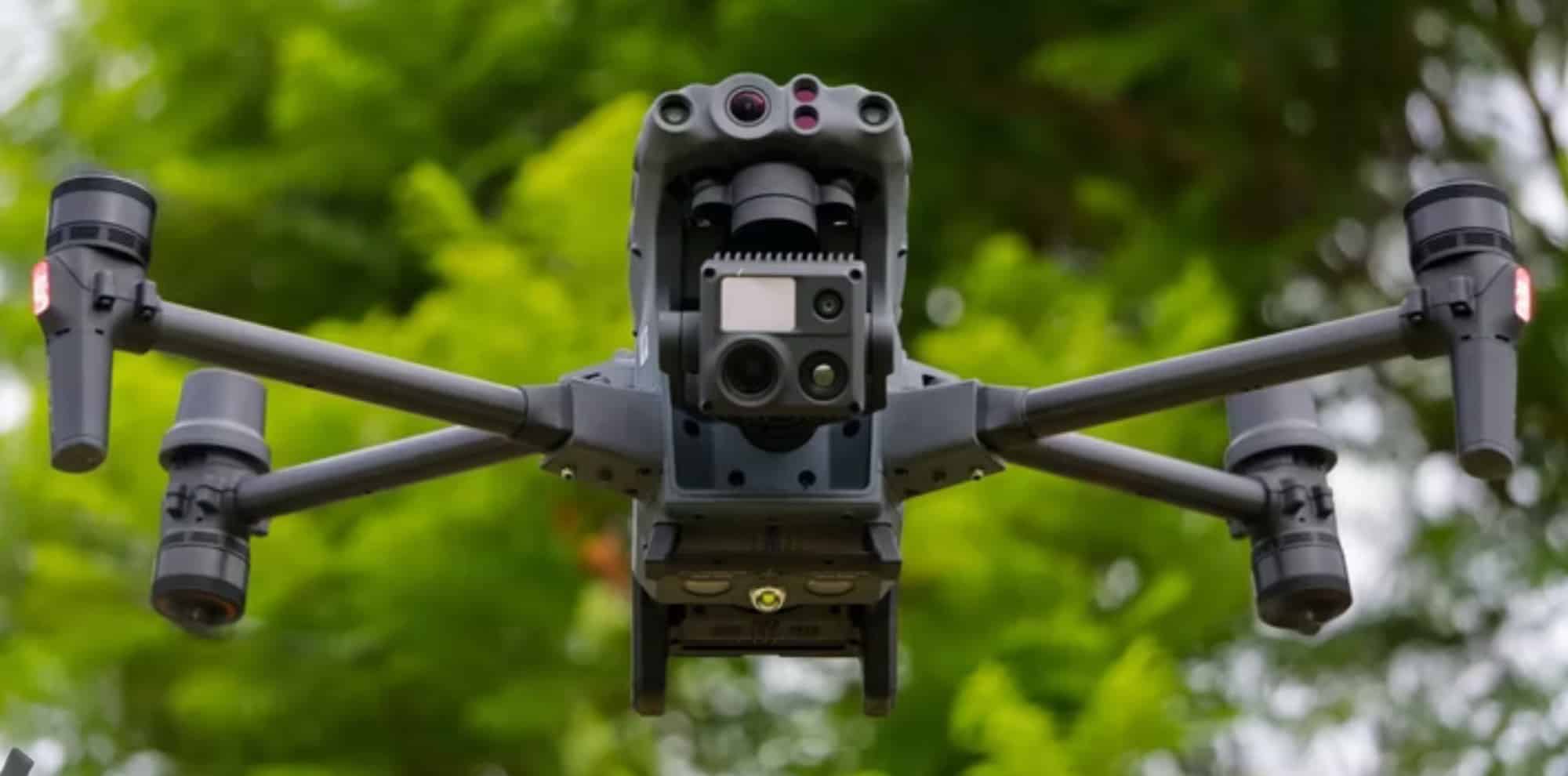
Check out the Best Deals on Amazon for DJI Drones today!
If you’re a drone pro relying on Chinese tech, listen up—new MA proposals could ban sales and restrict ops, igniting debates on safety vs. innovation.
Massachusetts legislators are advancing multiple bills to impose stricter regulations on drones, citing vulnerabilities in federal oversight that could endanger airfields, military bases, and schools. A recent hearing by the Joint Committee on Transportation highlighted these proposals, drawing testimony from supporters worried about security threats and opponents concerned about impacts on professional drone operations, reports WAMC.
Key Bills Targeting Drone Operations
Several bills discussed at the hearing aim to address perceived gaps in federal drone rules enforced by the FAA. One prominent proposal, filed by State Senator John Velis of Hampden and Hampshire, titled “An act relative to unmanned aerial vehicles in the commonwealth,” outlines penalties for drone operators who interfere with airport activities, including fines up to $1,500. The bill also seeks to establish “clear no-fly zones surrounding critical facilities” such as airports, military installations, and correctional institutions.
Velis emphasized the risks based on his military background. “The homeland mission the 104th [Fighter Wing] is to provide armed, F-15 fighters ready to scramble at a moment’s notice to protect the Northeast from any airborne threat,” he reportedly said of the Massachusetts Air National Guard unit operating at Barnes Air National Guard Base in Westfield. “I shudder to think if a privately-operated drone interfered during critical response or was able to surveil and obtain information about the wing’s operations.”
Drawing from his 2018 deployment to Afghanistan, Velis noted ongoing challenges with drones.
“One of the challenges that we had, up until the day that I left, is we did not know how to respond to them. They were a renewing threat, an evolving threat, and getting more and more sophisticated,” he said. “[When] I left there … I kind of put it in my back pocket, but just thought how these types of capabilities are something that certainly could be emulated, simulated in the civilian world back home.”
Another bill, H. 3618, introduced by Representative Bruce Ayers of Quincy, focuses on restricting drones near schools. Ayers argued for stronger measures to safeguard students and staff.
“We need to set a stronger precedent, that using drones over our schools, without proper approval, will not be tolerated. This will be proactive in protecting our public safety and privacy of our students and educators. The FAA, which regulates drone use, has no specific regulation prohibiting drones over our schools,” Ayers reportedly claimed. “For this reason, states have to step in and fill the gap, establishing a no-fly zone. Louisiana, Kentucky, New Jersey and Alabama all have similar laws. What this bill does is create a 400 foot buffer zone over all of our schools, where drones cannot be flown without permission, to deter any unauthorized flights.”
Bill H. 3800 proposes banning sales of drones from “Chinese state-owned companies” in Massachusetts, reflecting broader national security concerns. Additionally, H. 3663, “An Act relative to the safe operation of drones in the Commonwealth,” would prohibit drone takeoffs and landings within 150 feet of wildlife preserves, aquifers, and certain infrastructure.
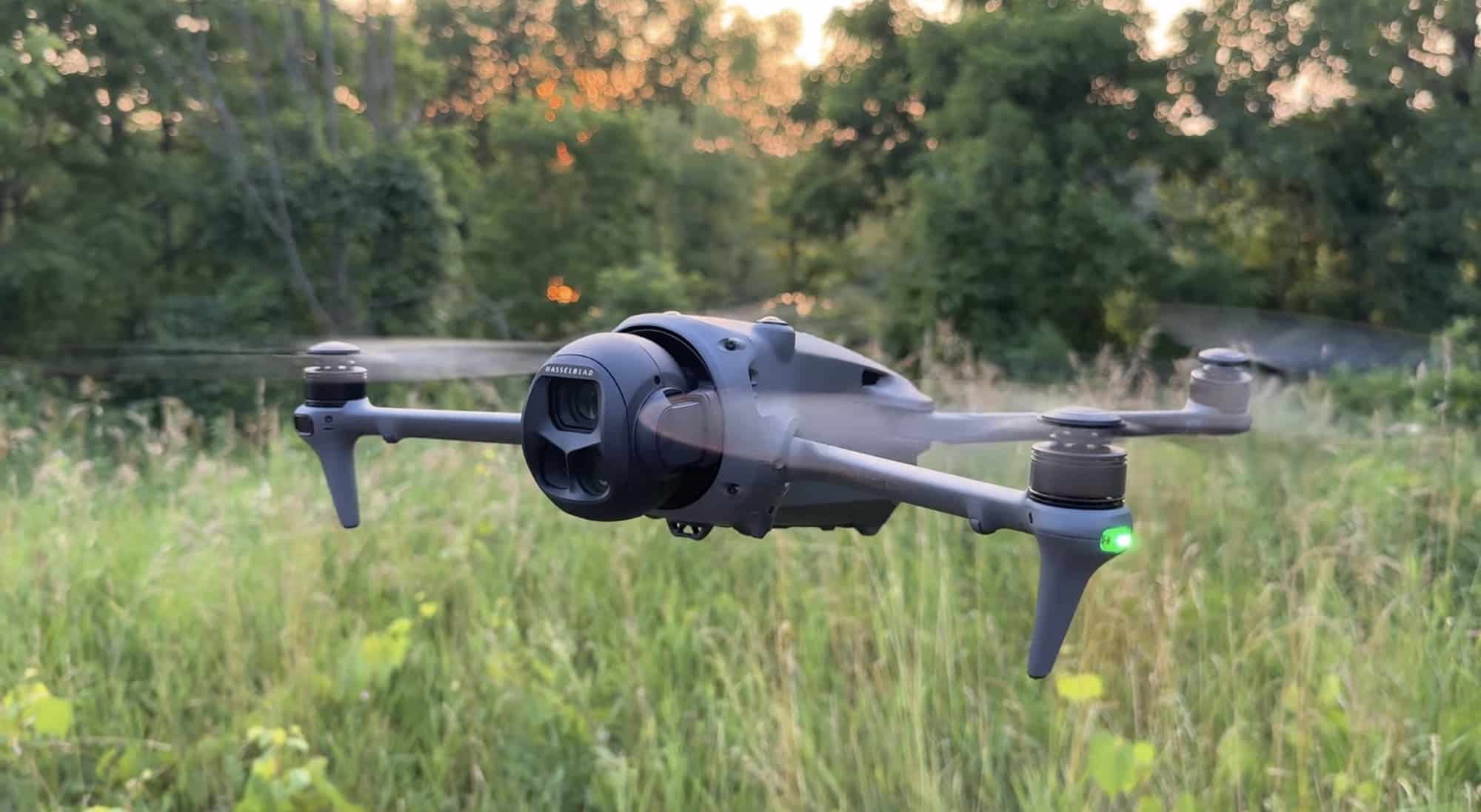
Context from Recent Drone Incidents
The push for these regulations follows a wave of drone sightings late last year, often termed “drone hysteria,” which prompted temporary closures at sites like New York’s Stewart International Airport and an Air Force Base in Ohio. In Boston, police arrested two men for flying a drone near Logan International Airport during the same period. Lawmakers point to these events as evidence that limited federal rules leave state assets vulnerable, prompting states to act where the FAA falls short.
Opposition from Drone Professionals
Drone operators and industry representatives voiced strong concerns at the hearing, arguing that the bills could hinder legitimate work and duplicate existing federal laws. Michael Ford, a commercial real estate aerial photographer, highlighted potential restrictions under H. 3663.
“I’m negotiating an engagement for some photography for a client in Tisbury, on Martha’s Vineyard, but because it overlays a aquifer, half of Martha’s Vineyard would not be able to have drones flown over them,” he pointed out. “I took marketing photographs of a commercial distribution center recently. That’s also on the list of places I couldn’t go.”
Ford also addressed H. 3800’s ban on Chinese drones.
“With regard to H. 3800, on Chinese drones, I understand that there is worry at the federal level on the security of those and I understand that they are working through to figure out what’s true and what’s not,” he added. “… but getting rid of Chinese drones in the short-term would impact school STEM programs, it would impact public safety, it would impact search and rescue: it would impact anybody who needs to use these drones.”
Hayden Spitz of Boston Drone Productions noted redundancies with federal statutes, such as the 2018 FAA Reauthorization Act’s ban on weaponizing drones.
“It says it in there – it’s under federal law that you are not allowed to equip your weapon, so all of these laws that they are introducing are really just reiterating all the things that are already in federal law,” Spitz said.
Opponents like Ford suggested forming an industry panel and urged lawmakers to table the bills, advocating for alignment with FAA guidelines to avoid conflicts.
Implications for Drone Users
If passed, these bills could introduce operational hurdles for professional pilots, limiting access to key areas and raising compliance costs through fines and restrictions. Recreational users might face similar barriers, particularly near schools or protected sites. However, proponents argue the measures enhance safety and privacy, filling regulatory voids. The hearing underscores a tension between state-level protections and federal preemption, potentially influencing drone policies in other states amid growing UAS adoption. Drone professionals should monitor developments, as harmonization with federal rules could mitigate overly broad impacts.
Discover more from DroneXL.co
Subscribe to get the latest posts sent to your email.
Check out our Classic Line of T-Shirts, Polos, Hoodies and more in our new store today!

MAKE YOUR VOICE HEARD
Proposed legislation threatens your ability to use drones for fun, work, and safety. The Drone Advocacy Alliance is fighting to ensure your voice is heard in these critical policy discussions.Join us and tell your elected officials to protect your right to fly.
Get your Part 107 Certificate
Pass the Part 107 test and take to the skies with the Pilot Institute. We have helped thousands of people become airplane and commercial drone pilots. Our courses are designed by industry experts to help you pass FAA tests and achieve your dreams.

Copyright © DroneXL.co 2026. All rights reserved. The content, images, and intellectual property on this website are protected by copyright law. Reproduction or distribution of any material without prior written permission from DroneXL.co is strictly prohibited. For permissions and inquiries, please contact us first. DroneXL.co is a proud partner of the Drone Advocacy Alliance. Be sure to check out DroneXL's sister site, EVXL.co, for all the latest news on electric vehicles.
FTC: DroneXL.co is an Amazon Associate and uses affiliate links that can generate income from qualifying purchases. We do not sell, share, rent out, or spam your email.




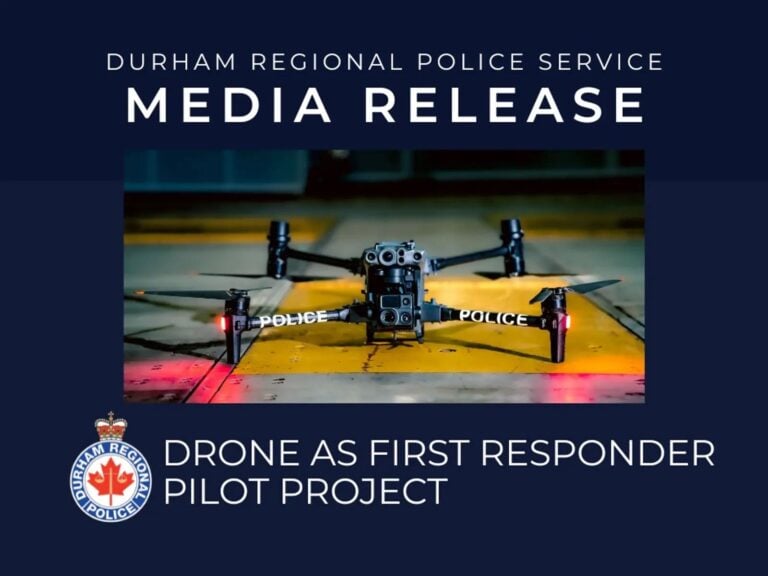
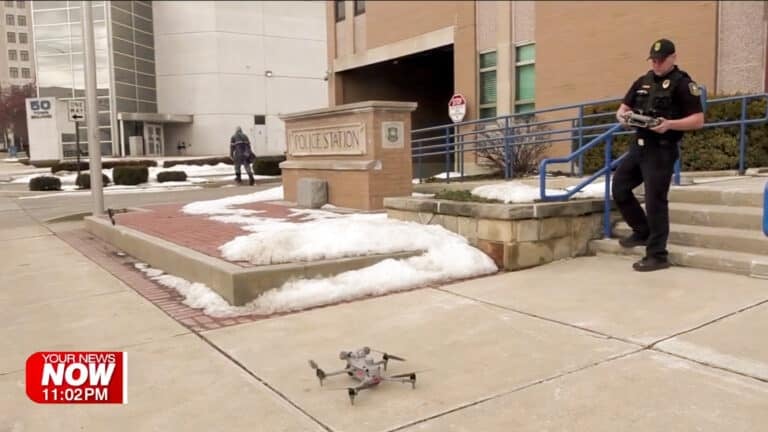
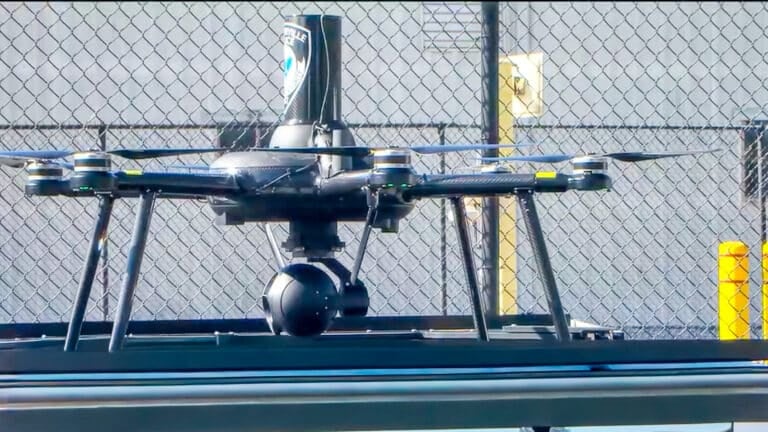

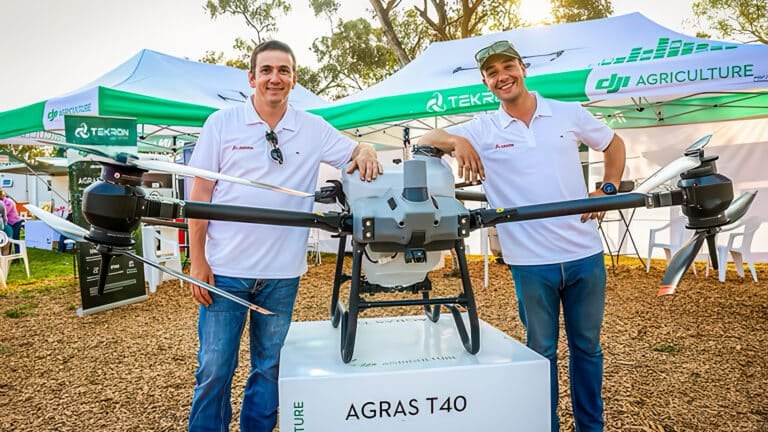
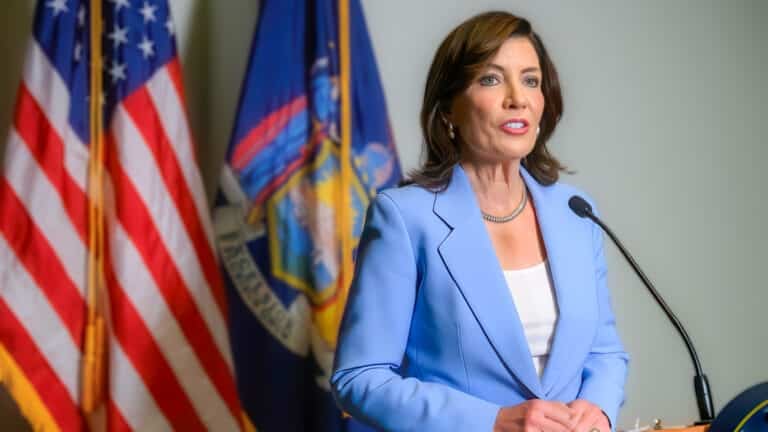
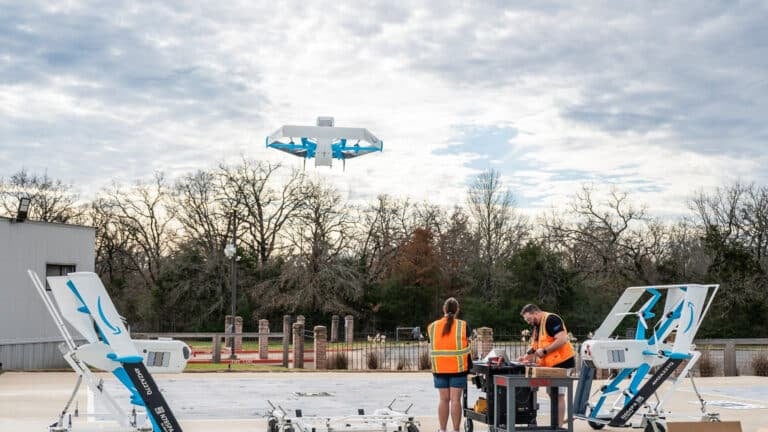
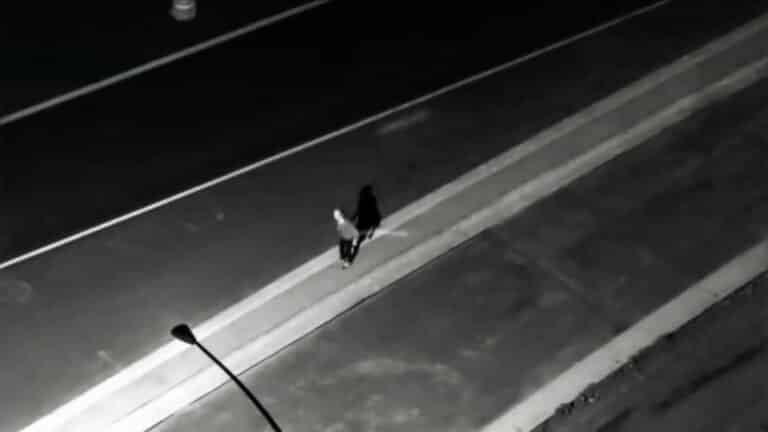

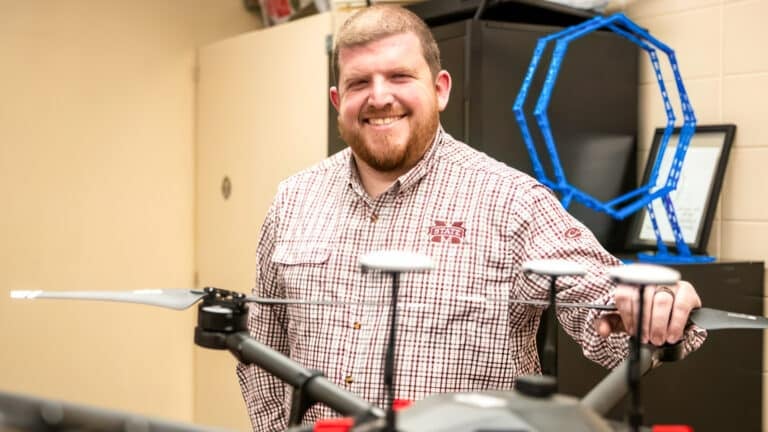
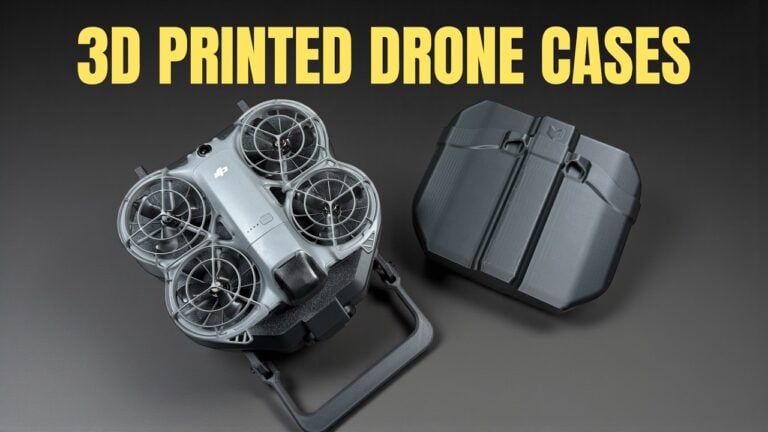
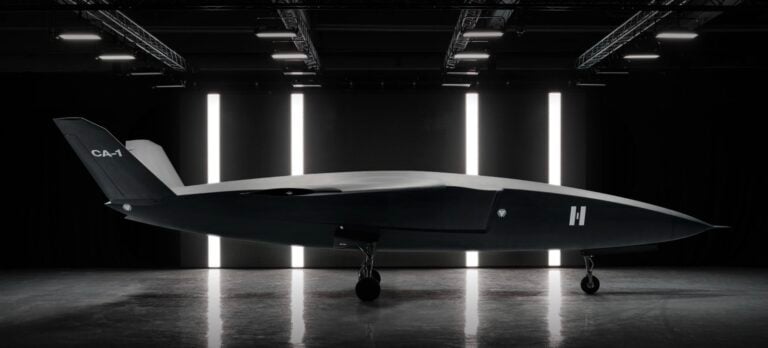

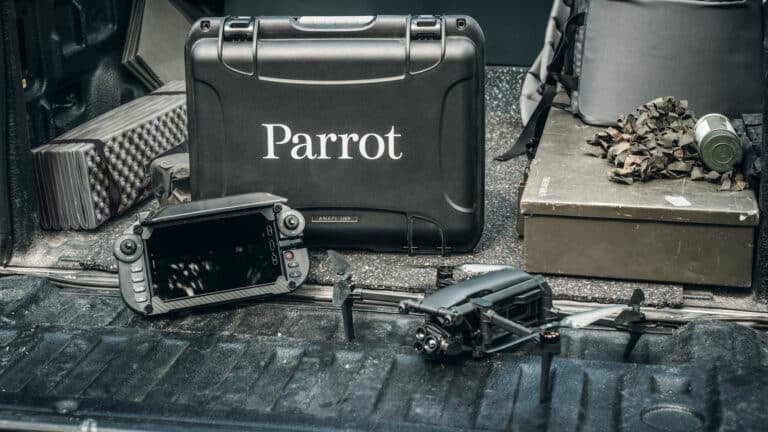
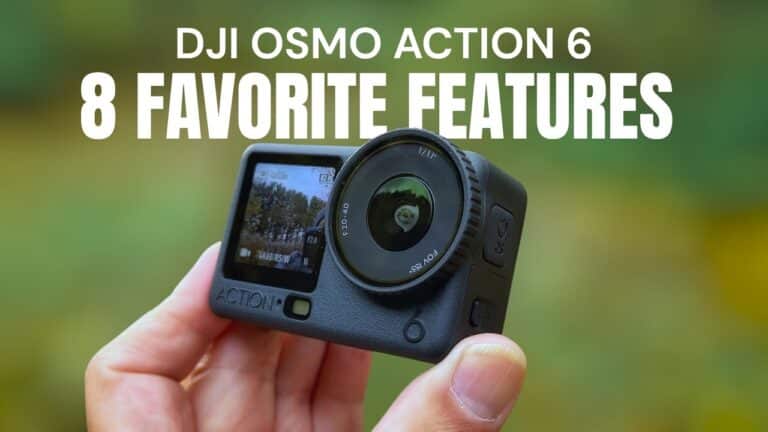
After reading through the bills effecting drones in Massachusetts I can see they were written with little knowledge of drones and drone laws. The last thing we need are duplicate laws on a state level that we have on a federal level. I also want to emphasize that the FAA already has laws in place that are covered nation wide. These laws were written by airspace professionals. Our police departments are not trained to enforce the additional laws that will confuse the public safety as well as the public.
What I really dislike is the confusion this will cause and also take away great photo opportunities as well as learning opportunities. Imagine a STEM program that can not fly their drones at the school they are going to because of some law that prevents them from flying near a school. Now I would like to address the issue of airports – this is already covered and that any location with in 5 miles (or close to that) is a controlled air space and requires authorization to fly – in other words you have to be responsible. There is no consideration for those of us who are part 107 certified vs someone who bought a drone at Bestbuy two days ago and has zero education – most people are not aware they are required to pass the Trust Exam – free test and you can take it as many times as you like till you pass. A part 107 certification costs $175 for the test alone and is not something that people will take if they are not serious about flying.
Last thing I want to Address is the China issue. Yes Chinese drones are the best in the world. Why ? because we sent the technology that makes drones what they are from here and they copied our technology to make other things. However that is not all DJI the drone industry leader is about 5 years ahead of any other company in the world. So do we want to ask our first responders to use less than the best ? are they not worthy of the best ?
I have heard people talk about drones being a security risk – I don’t see my drones out flying with out me telling them to do so. We are not placing weapons on them. I heard one senator talk about a drone with a chain saw attached – true – it was an experiment to clear power lines – they do this with Helicopters which carry Huge saws which could cut a shed or small house in half. There is way to much fear mongering going on here. If we want to talk about dangerous situations – let’s talk about the people driving on our roads – Many of these people never should have been given a license to operate a motor vehicle.